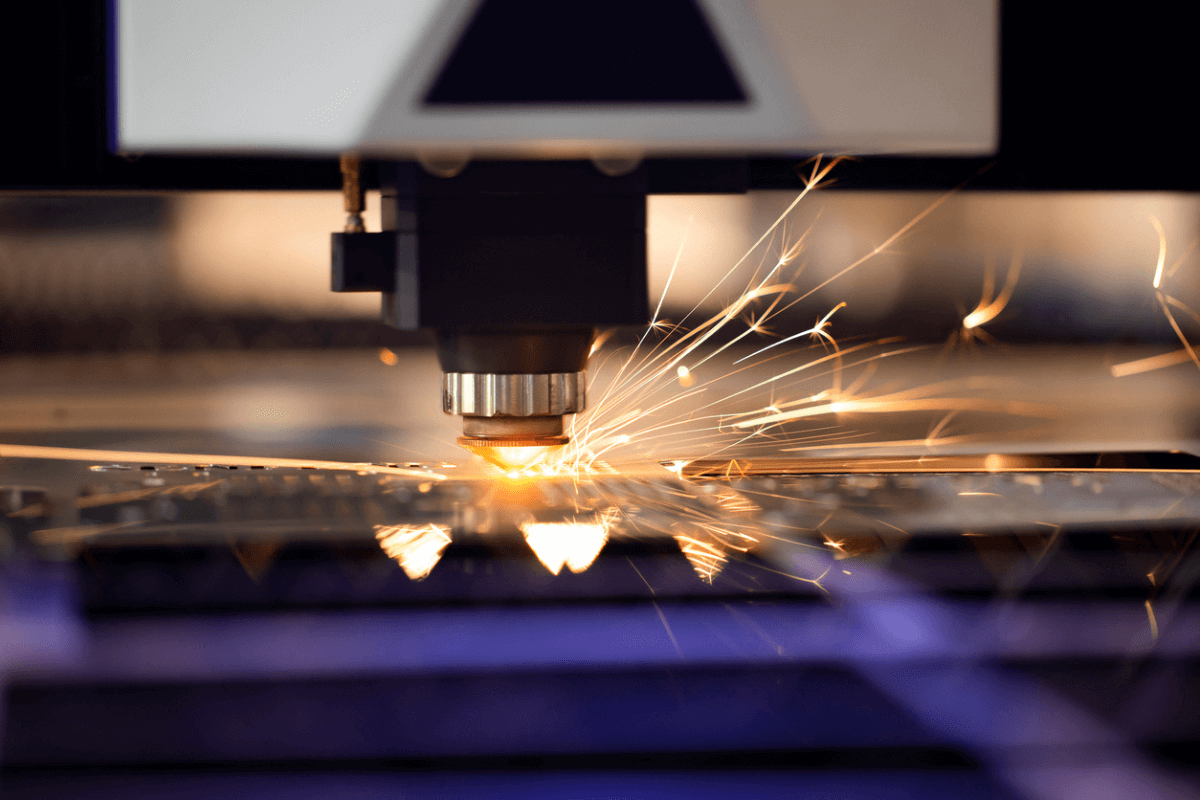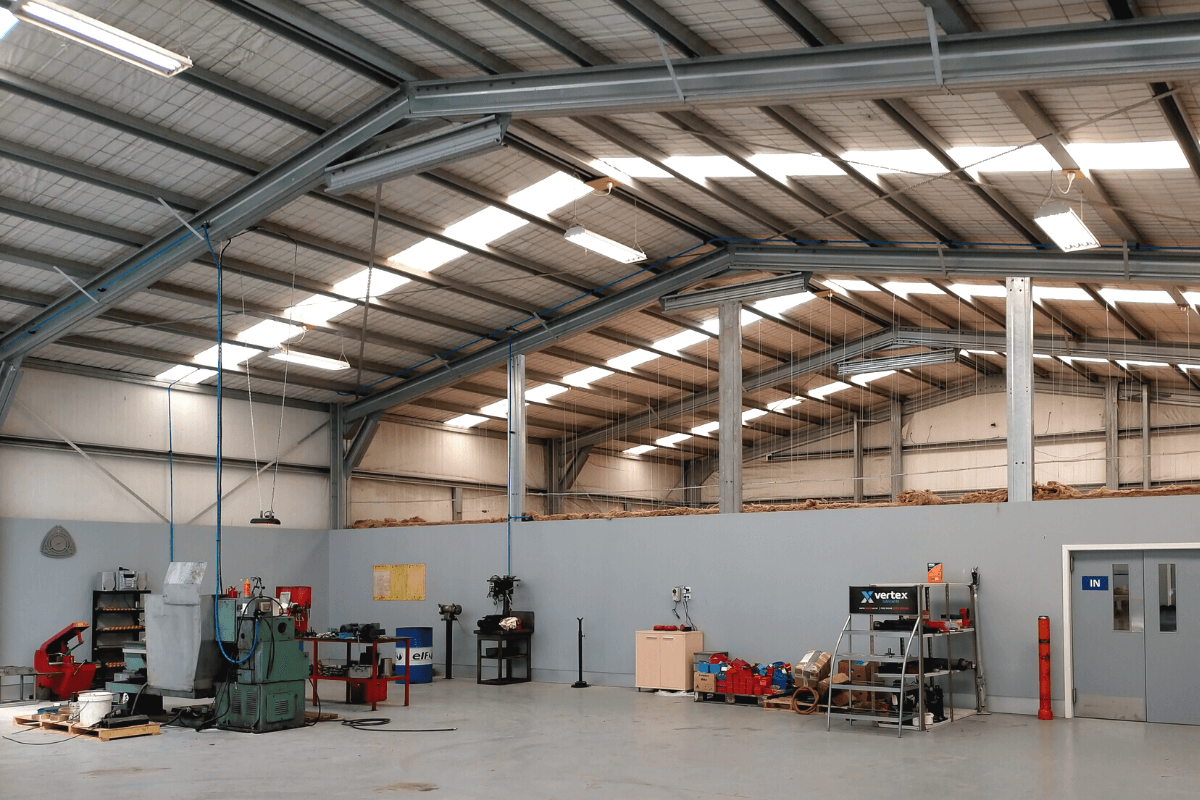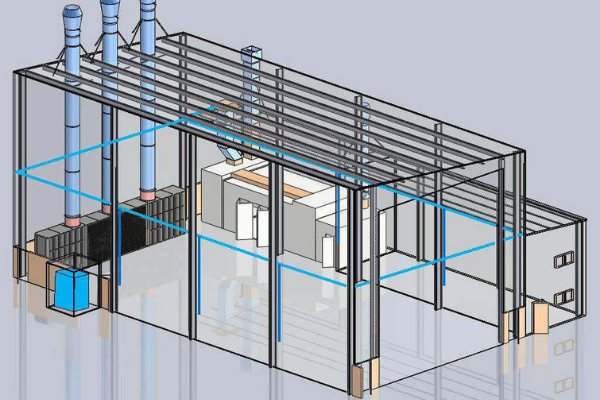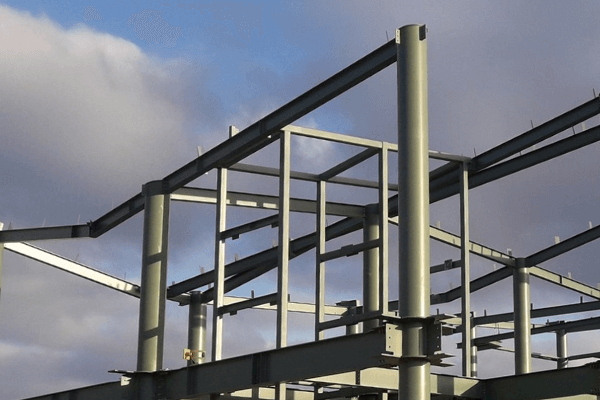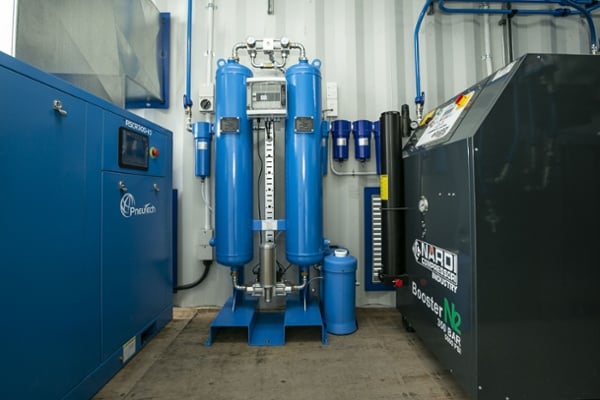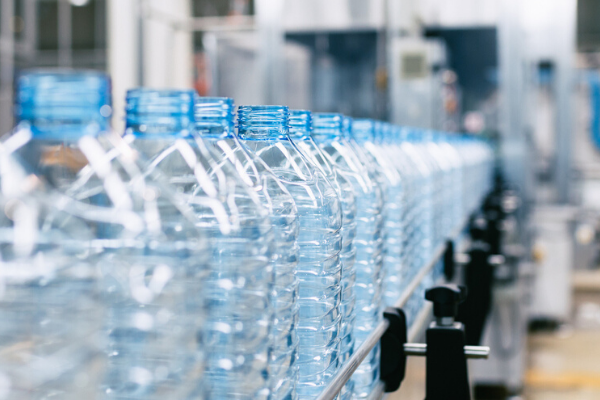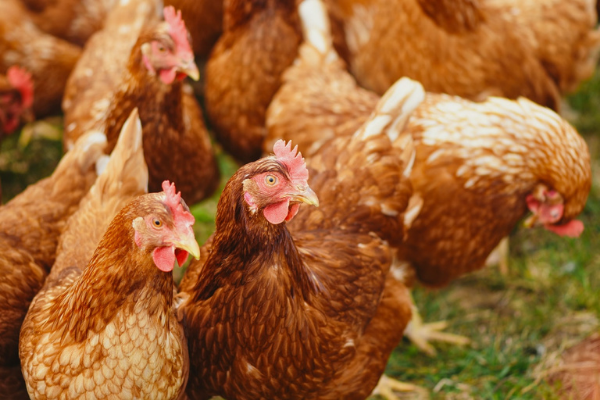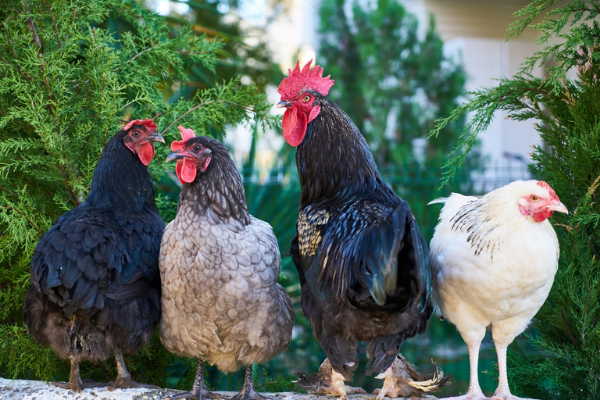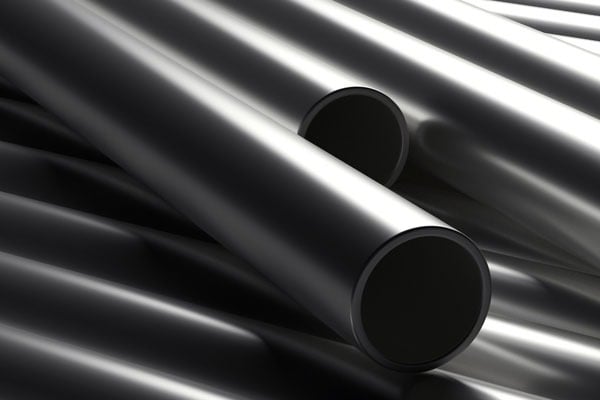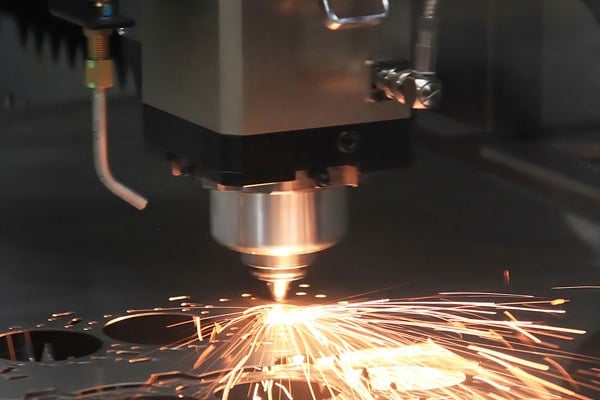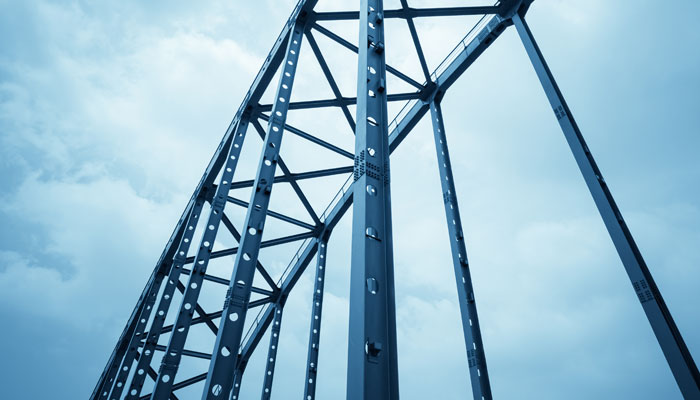Many factory facilities and industrial workplaces will need compressed air – anything from running important manufacturing tools to powering pneumatic production equipment. Many companies are also dependent on compressed air to operate and see compressed as a vital utility – as important as water, power or gas.
Unfortunately, compressed air can be expensive to run and if not used efficiently, can lead to unnecessary waste. This results in high electricity costs that could be avoided.
Understanding how your compressed air system operates and how much power it uses is vital in planning ahead and knowing how much to budget for this important utility. As industrial compressed air experts, we’ve delved into what makes compressed air a costly expense, the potential costs that could arise, and how you could save on energy costs.
Why is compressed air so expensive?
While the upfront cost of a compressed air system can be daunting, that’s not the most expensive cost you will face with an air compressor. In fact, it’s actually the amount of electricity that will be needed to power this equipment that will add up over time. It’s estimated that compressed air equipment itself only makes up approximately 10 percent of the cost of compressed air, over a lifetime. The majority will go to electricity to operate and a small percentage will be required for maintenance. If this is not something that’s thought about at the time of purchase, future electricity bills could be a surprise.
Compressed air can be a costly expense for any business – it’s made all the more expensive if it’s not utilised correctly. In fact, only 15% of the energy that produces compressed air is put to work, while the rest goes to waste heat. And if leaks are at play in your compressed air piping, the amount of wasted energy could double! If leaks are not found, up to 30% of compressed air could dissipate this way. When using an elaborate compressed air system that is already expensive to run, inefficiencies and leaks have the potential to vastly impact your electricity costs.
While electricity is a big expense, other factors can also impact the cost to run compressed air equipment. A manufacturing facility for example, that runs around the clock and uses compressed air 24/7 will naturally use more compressed air than a small workshop that only uses compressed air for certain applications. The type of air compressor you have will also be a big driver of lifetime operating costs – some air compressors are naturally more energy efficient than others and don’t require as much power to operate.
The average cost of compressed air
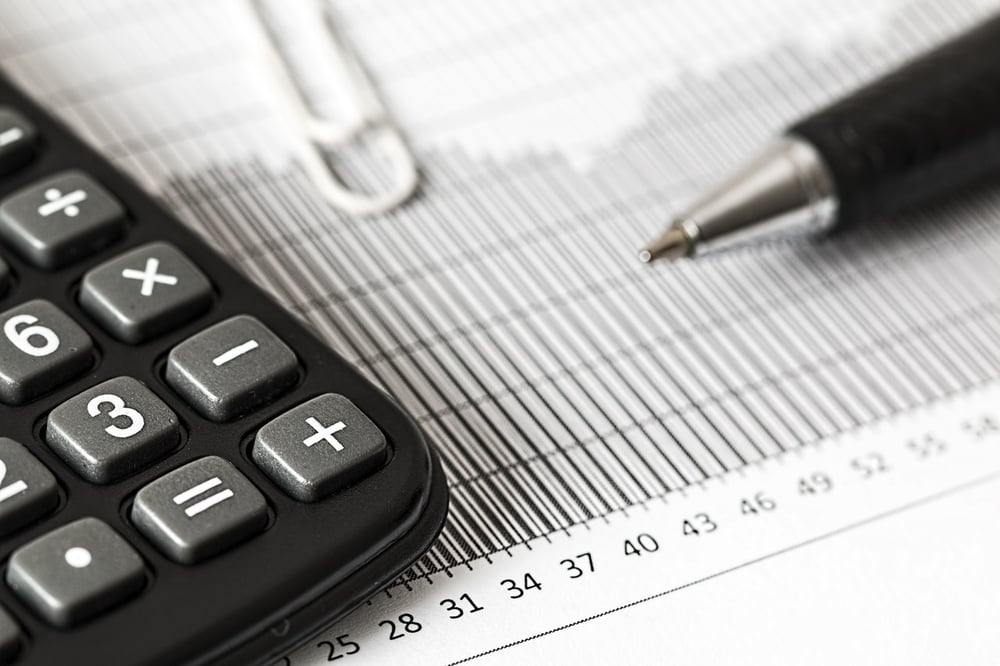
Certain industries and applications need specific types of air compressors and these initial costs cannot be avoided. For example, a food manufacturing facility that needs to guarantee compressed air purity so that food isn’t contaminated may require an oil-free compressor. Whereas, a large-scale car manufacturer may need a system that’s robust and can operate at peak efficiency, for long periods of time.
While the cost of an individual air compressor will vary depending on the size of the air compressor and the type of air compressor required, what we can estimate is the power costs associated with an air compressor.
In many businesses, particularly manufacturing and factory environments, the cost of compressed air to power operations quickly adds up. So that you can be better prepared and see just how much of an expense compressed air will be, we’ve included some industry calculations below that you can do yourself, to better understand your compressed air costs.
Estimate compressed air energy costs with this calculation
For many large factory environments, the need for compressed air is constant. It helps to know how much your energy or power costs could be per hour and per week so that you can then understand the overall cost of your compressed air system.
Most systems in New Zealand will utilise a 3-phase compressor which operates at 400v. To calculate your compressed air energy costs simply check your compressor serial plate for the kW (kilowatt) rating. The calculation is then kW rating (of your compressor) x $ per kW/hour = cost per hour to run. How much you pay for a kilowatt-hour can be taken from your electricity bill or it is approximately $0.21 on average for industrial power usage in New Zealand.

Calculate your air compressor energy costs with this simple calculation.
If you know that your compressed air system operates constantly, then you can easily work out how much your energy costs will be per week, and then per year. If you’re using an efficient air compressor like a permanent magnet compressor, then there’s the potential to save a lot on electricity costs. A permanent magnet air compressor will completely stop when not in use and when in use, it can match the kW used to power the air compressor – saving up to 60% in annual power costs.
Energy-efficient air compressors
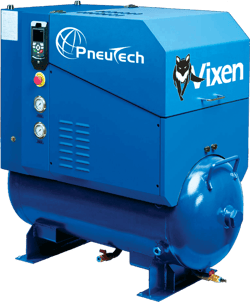
We understand that high utility expenses can be a deterrent for purchasing a new air compressor which is why we want to make sure you have the most efficient model for your needs.
The range of air compressors we offer at Industrial Air Systems is vast and includes the PneuTech Vixen range and the larger permanent magnet range, designed to only generate the compressed air that you need. Our customers have seen substantial savings – when used in a business whose compressed air use fluctuates throughout the day, the energy savings can be as high as 60%! The approximate cost of a permanent magnet compressor ranges from $1,000 to $1,340 per kW. Learn more about the Vixen range here and our larger permanent magnet compressors here.
As well as incorporating an energy-efficient air compressor into your business, another practice that can help to lower running costs, is regular maintenance of your compressed air equipment. Our Master Maintenance scheme ensures your air compressor is routinely checked for faults and inefficiencies; any repairs will be done quickly and efficiently to ensure no major downtime to your operations. We will also provide you with a full report which details how any potential issues can be prevented.
If you’re interested in our Master Maintenance scheme and would like one of our technicians to inspect your compressed air equipment, just get in touch with us by clicking below.



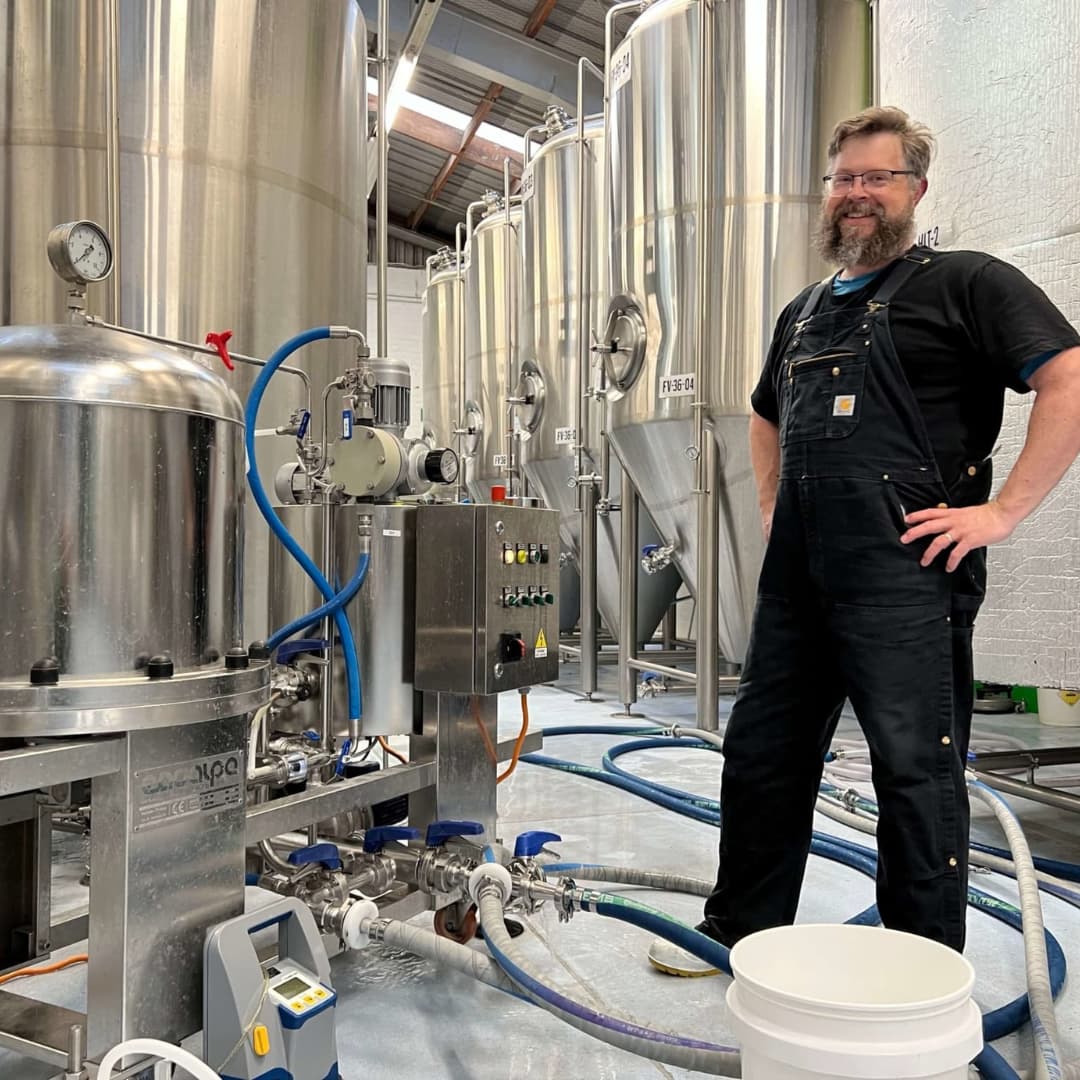
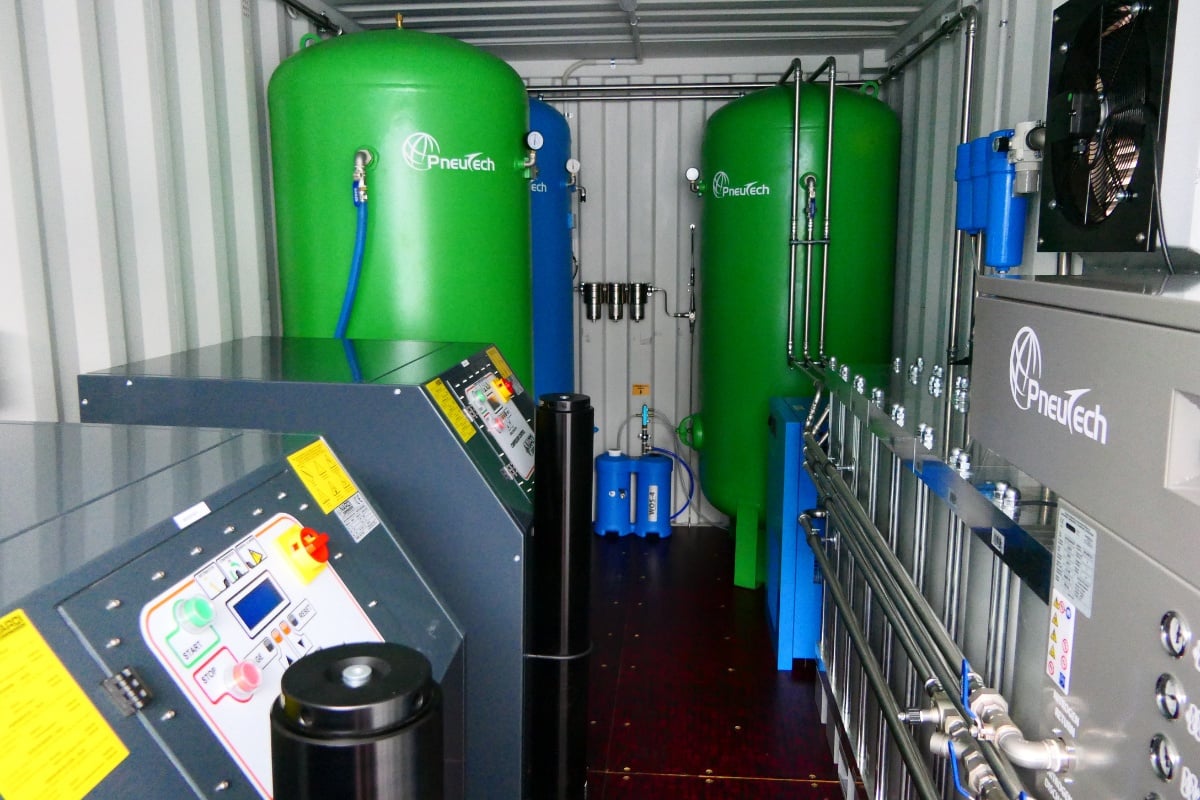
.jpg)


